Did you know that your credit score plays a significant role in determining whether your loan or credit card application gets approved? With a good credit score, loan approvals become easier, often accompanied by lower interest rates. However, if your score is poor, your application might be rejected. Therefore, it’s crucial to understand how to check your credit score so you can assess your financial situation early on.
This article will help you understand what a credit score is, how to check it, and practical steps to improve it.
Also read: How to Choose the Best Virtual Credit Card Services
What Is a Credit Score and Why Is It Important?
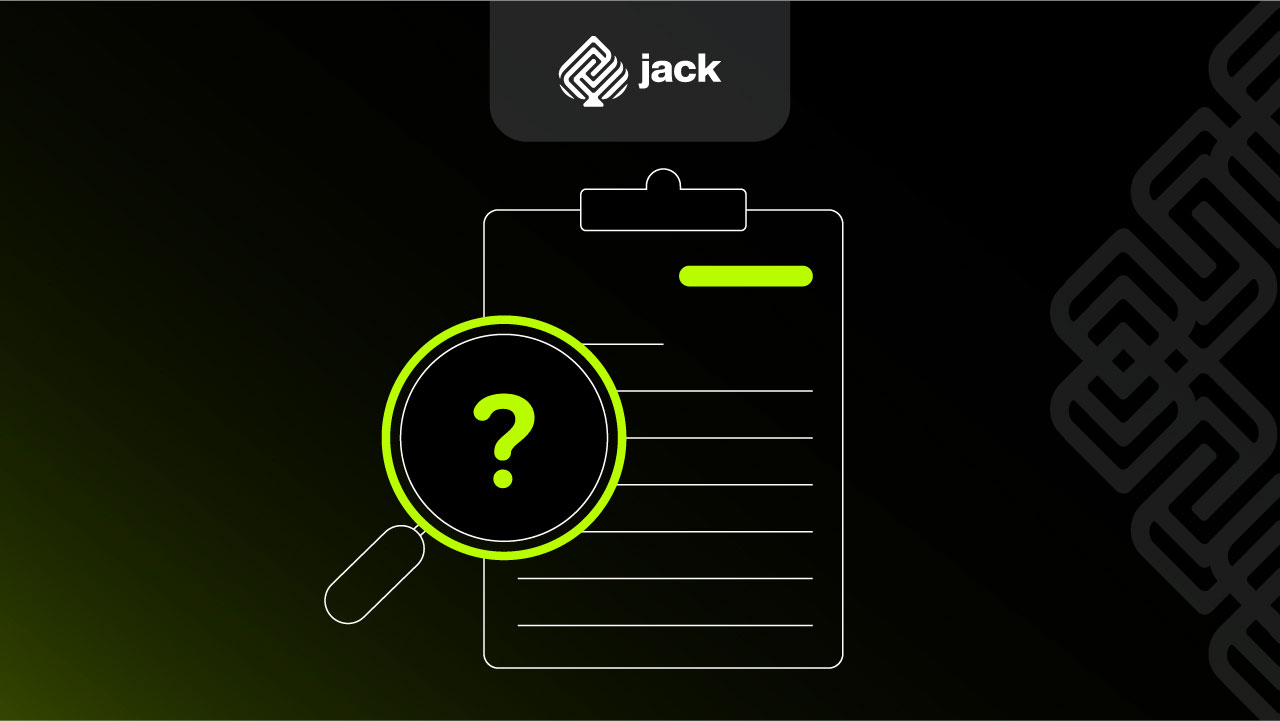
A credit score is a number that reflects your ability to manage loans. It’s typically calculated based on your debt repayment history, total debt, and the length of your credit history.
In Indonesia, credit scores generally fall between 250 and 900:
- 250–570: High risk, loan applications are likely to be rejected.
- 570–649: Moderate risk, applications may be approved but with strict conditions.
- 650–900: Low risk, applications are more easily approved with favorable terms.
A good credit score simplifies accessing financial services like loans or credit cards. Additionally, you may enjoy lower interest rates and more flexible repayment terms.
The difference in credit scores can significantly impact your loan costs. For example, on a loan of Rp100 million, someone with a high credit score might get an 8% annual interest rate, while someone with a low score could face rates up to 14%. This difference could save you tens of millions of rupiah over the loan term.
Conversely, a poor credit score may result in loan rejections or higher interest rates.
See the API Document from Jack Finance here
The Difference Between Credit Scores and SLIK OJK
In Indonesia, credit scores are often confused with SLIK OJK (previously known as BI Checking). However, these two serve different purposes in evaluating your financial condition.
A credit score is a predictive figure that illustrates your likelihood of repaying loans in the future, like a financial “report card” showing your risk as a debtor.
Meanwhile, SLIK OJK provides factual and historical data. It records your complete credit history, including payment records, active loans, and any delinquency notes. In simple terms, SLIK OJK is like your financial “diary” documenting every credit transaction and event.
Both are important but have different roles in assessing your financial credibility.
Easy Ways to Check Your Credit Score
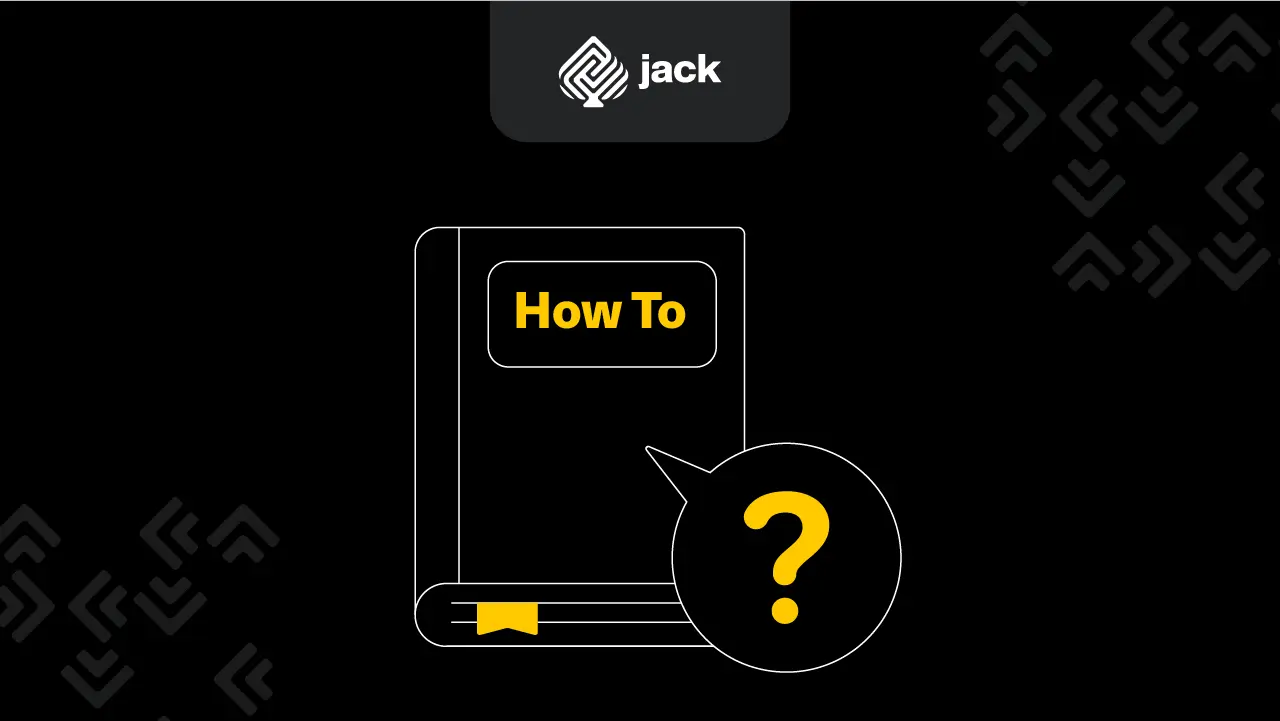
Checking your credit score is now easier, thanks to online services. You can use services from OJK or modern financial apps. Here are a few methods you can try:
1. Via SLIK OJK
SLIK OJK (Sistem Layanan Informasi Keuangan) is a service provided by the Financial Services Authority (OJK). You can access it for free. Here’s how:
- Visit idebku.ojk.go.id.
- Select the “Registration” menu and fill in your personal details, such as your name, ID number, and email.
- Upload the required documents, such as a photo of your ID.
- Wait for the analysis results to be sent to your email within one working day.
2. Using Modern Financial Apps
Apps like SkorLife allow you to check your credit score in real time. These apps often come with additional features, such as tips to improve your credit score and detailed reports on your financial condition.
3. Through Paid Services from Credit Bureaus
If you need a more detailed report, you can use paid services like MyIdScore from Pefindo. The process involves registration, identity verification, and payment of service fees.
This method is suitable for those who need a comprehensive credit score report.
Factors Affecting Your Credit Score
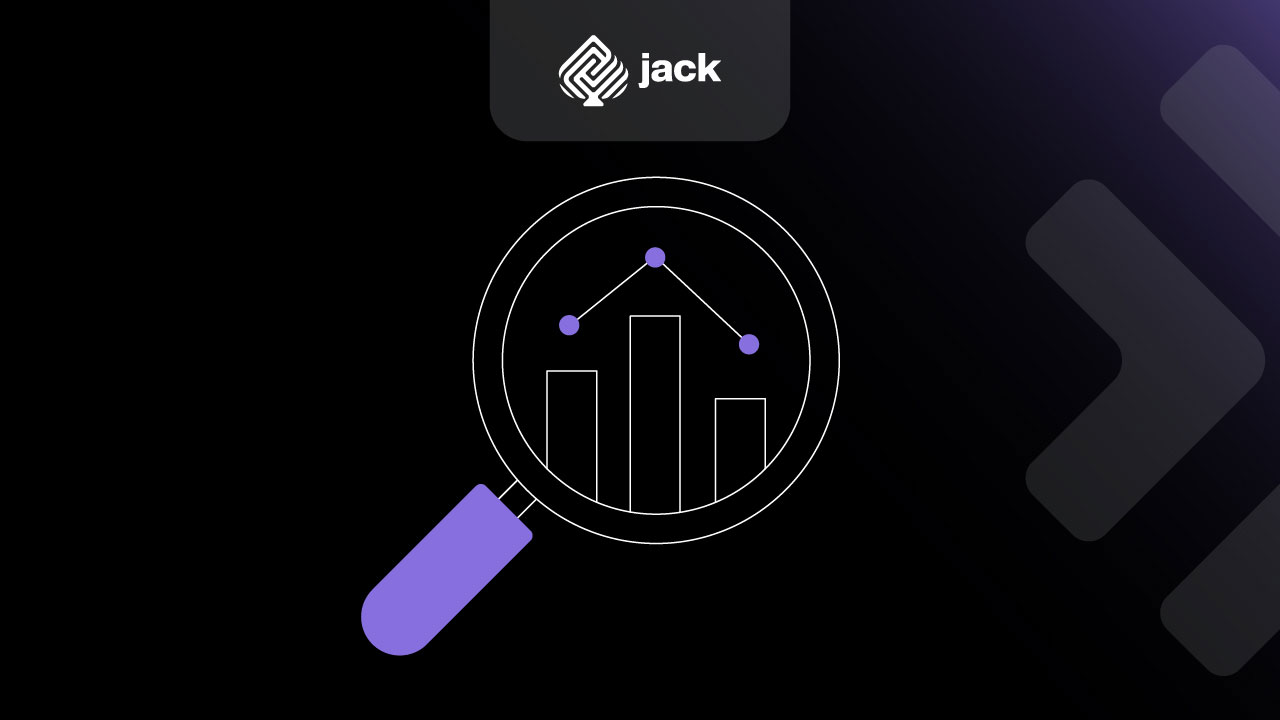
1. Payment History
Timely payment of installments is the biggest factor affecting your credit score. Frequent late payments will lower your score.
2. Credit Limit Usage
The percentage of credit limit usage also impacts your score. Ideally, use a maximum of 30% of the available limit.
3. Types of Credit Owned
A variety of credit types, such as short-term loans (credit cards) and long-term loans (mortgages), can help improve your score.
4. Length of Credit History
The longer your credit history, the better your score. Avoid closing old credit cards, as that can shorten your credit history.
Tips to Improve a Low Credit Score
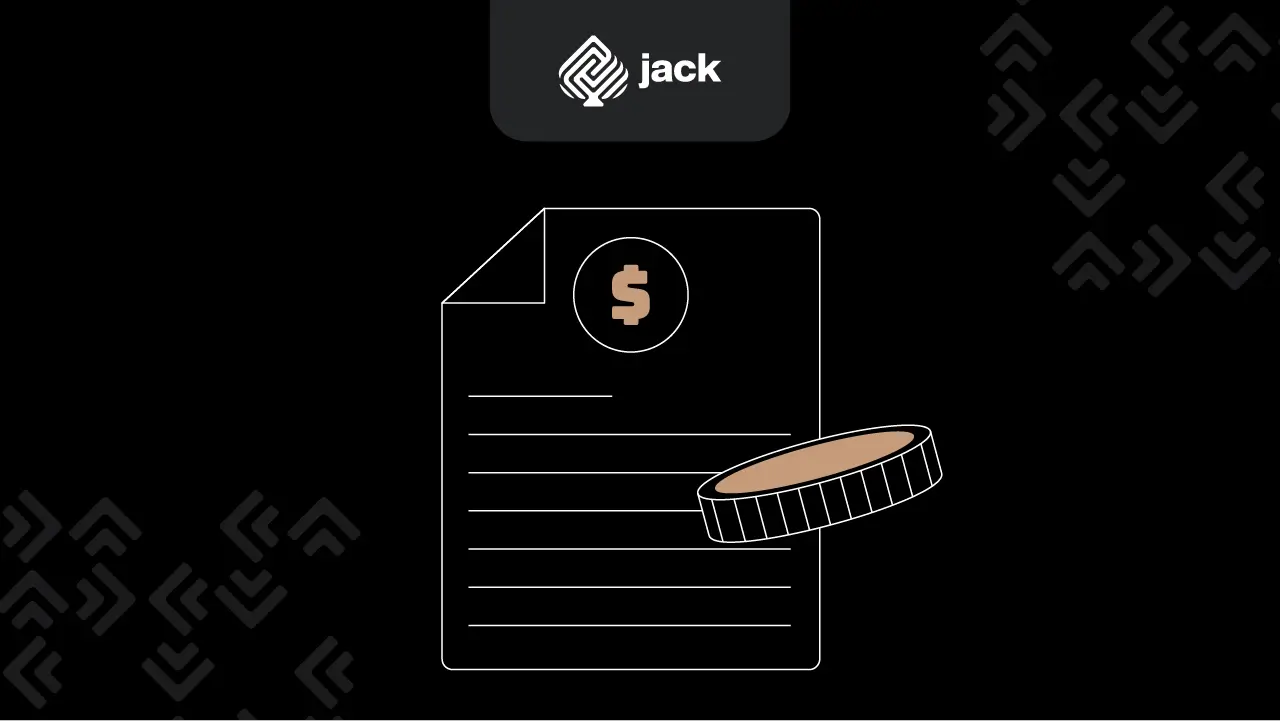
If your credit score is low, don’t worry. Here are some steps you can take:
1. Pay Bills on Time
Always pay installments before the due date. Timely payments are the most critical factor in boosting your credit score.
2. Reduce Credit Usage
Use credit wisely, up to a maximum of 30% of the available limit. This shows you can manage credit responsibly.
3. Keep Old Credit Cards Open
Old credit cards help extend your credit history. Keep them active, even if used infrequently.
4. Evaluate Credit Reports Regularly
Check your credit report regularly to ensure there are no data errors that could harm you.
5. Contact the Bank If You Face Payment Issues
If you’re struggling to pay off debt, immediately contact your bank to discuss options. Banks often provide relief if you show a genuine intention to repay.
Benefits of Having a Good Credit Score
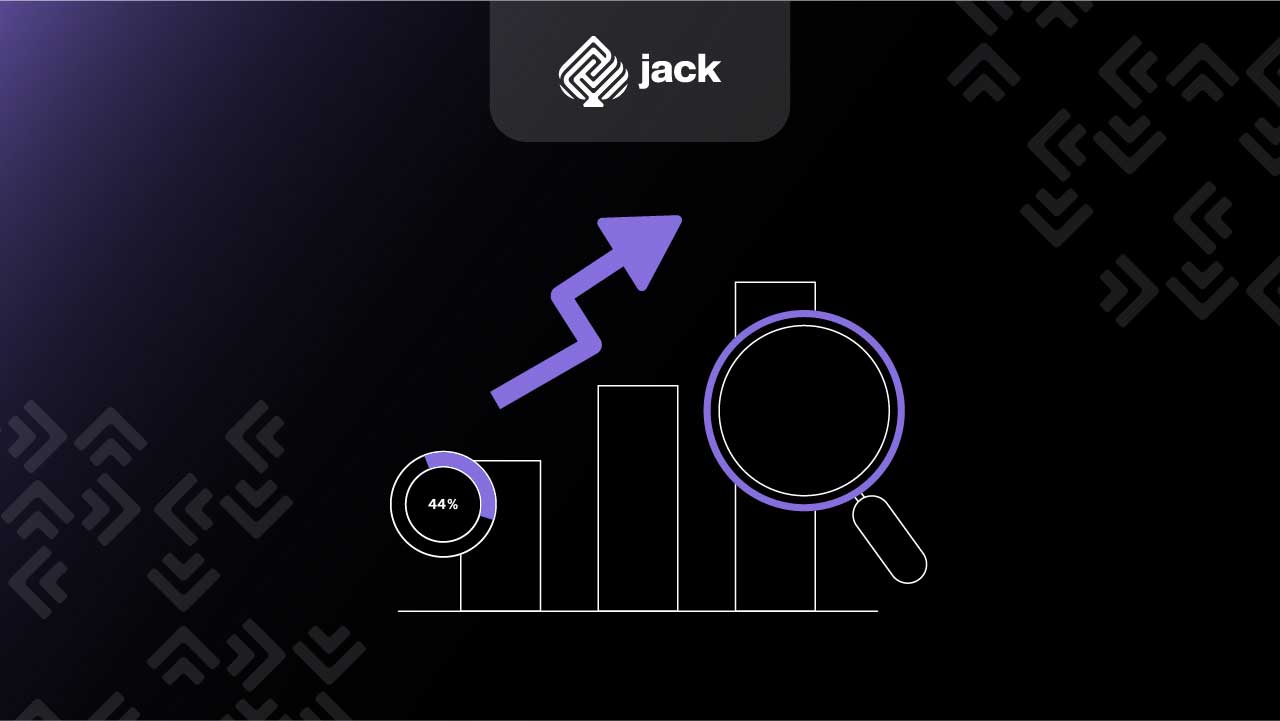
A good credit score offers numerous advantages:
- Lower Interest Rates: Save money with smaller interest rates on loans.
- Faster Approval Processes: No additional evaluations required by banks.
- Access to Premium Credit: Obtain credit cards with higher limits or loans with flexible terms.
A good credit score not only helps with loans but also impacts various professional aspects of life. Some companies are even starting to consider credit scores during recruitment or job promotions. With a solid credit score, you build a financial reputation that can unlock more opportunities in the future.
Use Jack for your business needs
Checking your credit score is an essential first step in understanding your financial condition. By knowing how to check your credit score, you can take the right steps to improve it if necessary.
Use free services like SLIK OJK or modern apps to check your credit score. After that, start building healthy financial habits, such as paying bills on time and using credit wisely. Having a good credit score opens up more financial opportunities.






